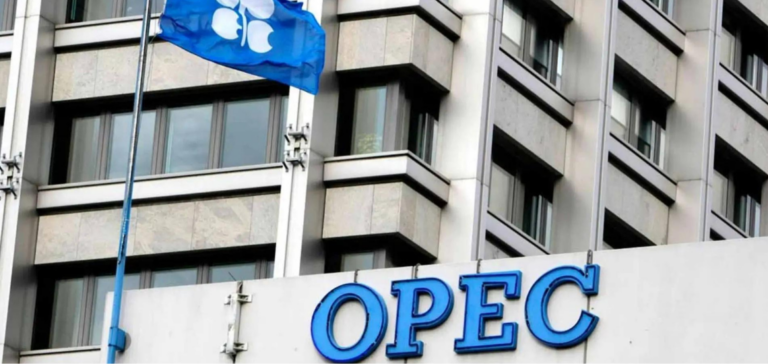The Organization of the Petroleum Exporting Countries and their allies (OPEC+), led by Saudi Arabia, are preparing for a crucial meeting in Vienna on November 26, against a backdrop of fluctuating oil prices and heightened geopolitical tensions. This meeting comes at a time when Iran is calling for an oil embargo against Israel, a demand that remains largely unheeded.
Saudi Arabia’s struggle to stabilize the oil market
Over the past year, Saudi Arabia has struggled to prop up the oil market by cutting production to 9 million barrels a day, its lowest level since April 2011, excluding the COVID pandemic and the September 2019 attack on the Abqaiq crude processing facility. Despite these efforts, the kingdom is suffering the economic consequences of a market that is insensitive to these reductions.
Impact of Falling Oil Prices on the Saudi Economy
The goal of stabilizing prices by 2024 is likely to meet resistance from other producers. Fears of a global economic slowdown, particularly in China, and robust non-OPEC supply are making market players cautious, despite relatively solid fundamentals. In addition, Dated Brent was valued at $83.33 a barrel on November 20, down from $98 on September 27, when voluntary cuts had boosted prices.
Outlook and decisions expected in Vienna
The Vienna meeting will address several crucial points. It will evaluate the main declaration of cooperation, which involves all members, and the current quotas, in force until the end of 2023, with revised levels for 2024. These revisions will affect most sub-Saharan producers, such as Nigeria and Angola, who regularly produce below their allocations. At the same time, the United Arab Emirates will see its quota increase from 2.88 to 3.219 million barrels per day in 2024, which may require further quota cuts from member countries to effectively support prices.
Key role of Russia and the United Arab Emirates
Russia, the Group’s largest non-OPEC producer, will also play a key role. Although Russia initiated voluntary cuts, it has already reduced part of its latest supply cut, with crude oil production up by 20,000 barrels a day in October.
Potential consequences of OPEC+ policies
Faced with this complexity of decisions and market uncertainty, OPEC+ could consider further tightening of supply. Clay Seigle, Director of Global Oil Services at Rapidan Energy Group, notes that OECD commercial inventories rose in September, reaching their highest level since July 2021.
This highlights the continuing challenges OPEC+ will face in its quota decisions in 2024, pointing to policy changes and emergency meetings in the foreseeable future.
The OPEC+ meeting in Vienna is shaping up to be a critical moment, when the balance between price support and responses to global economic and geopolitical pressures must be meticulously adjusted. The decisions taken will influence not only the immediate future of the oil market, but also global political and economic dynamics in the years to come.





















